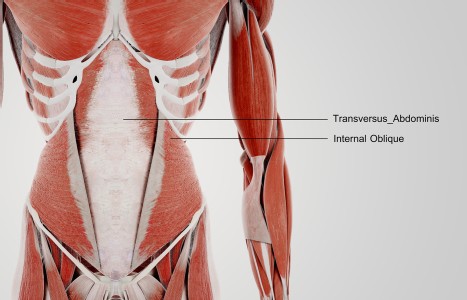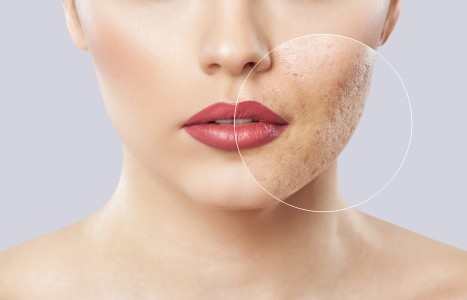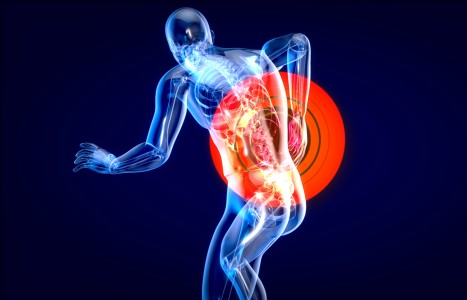TrA-2, my primary needle location, I needle 95% of the time and I think it works the best. You’ll know you have the right point location when you discover the muscle twitching when applying electric stimulation.
Veterans With Traumatic Brain Injury Report Relief With Acupuncture
Returning veterans are being diagnosed with traumatic brain injury in alarming numbers secondary to post-traumatic stress disorder and chronic pain. The movie, "The Hurt Locker," which received best picture of the year, helps to portray what our veterans are being exposed to during war time. It is easy to see through the lens of a camera why we see traumatic brain injury occurring at such high rates.
Traumatic brain injury is defined as a non-degenerative, non-congenital insult to the brain from an external mechanical force, leading to possible concussion, skull fractures, internal hemorrhage or other internal injuries. This might result in permanent or temporary impairment of cognitive, physical and psychosocial functions with an associated diminished or altered state of consciousness.
A High-Risk Environment
Veterans are at high risk for traumatic brain injury and blast-related concussions because of the frequent exposure to improvised explosive devices, suicide bombers, land mines, mortar rounds and rocket-propelled grenades. These types of injuries account for more than 65 percent of combat injuries, and of these vets, 60 percent have symptoms of traumatic brain injury.
Symptoms can be mild to severe. Mild symptoms include headaches, dizziness and fatigue, lack of concentration, irritability, sleep problems, balance issues and ringing in the ears. More severe symptoms include being easily confused, forgetful and troubled with constant and intense headaches. Difficulty with speech and difficulty with decision-making also are common symptoms that can require ongoing rehabilitation.
Many of these symptoms are debilitating. Too often, these returning veterans are unemployable and unable to attend school for retraining. This presents a tough challenge for a young veteran who has their whole life ahead of them.
Medical treatment often consists of rehabilitation, mental health counseling, vocational rehabilitation and group therapy. Patients often are on a long list of medications to treat the various symptoms. Common medications are antidepressants, sleep aids, migraine medications, anti-seizure medications and narcotics.
At the George E. Wahlen Department of Veterans Affairs Medical Center in Salt Lake City, we are using acupuncture to provide some relief to these patients. Acupuncture has become one component of the integrative medicine program being offered under the umbrella of holistic medicine. Patients are seen on an outpatient basis and are being treated for a variety of health issues including chronic pain, post-traumatic stress disorder and traumatic brain injury.
With the use of even a few basic acupuncture points, patients are reporting a decrease in the intensity of their headaches, better sleep and an ability to cope on a daily basis. I have found that by also teaching veterans how to use acupuncture on their own while at home, they report improvements in areas affecting their well-being.
One of my patients -- we'll call him "Jim" -- came to the acupuncture clinic for treatment of severe headaches and sleeplessness. Jim, a 27-year-old male and Iraq War veteran, got caught in a crossfire in 2003. A bullet entered his helmet but did not penetrate his skull. The blast resulted in a blood clot located in the parietal area of his brain. For the first year, his words were slurred and his concentration and short-term memory were adversely affected. He reports developing severe, debilitating headaches, which he describes as "helmet-like." He is haunted by nightmares. This combination causes him to lose a lot of time at work, resulting in significant depression and worry over financial issues.
After working with Jim over several weeks, I found he responded well to the point combination of yin tang, HT 7, SP 6, PC 7, Lu 7, and Du 20. He recently reported a decrease in his headaches, better sleep and relaxation, and an ability to cope better with his chronic pain. Jim also was taught to do several of these points himself while at home and says he finds this helpful in diminishing his headaches before they get too severe.
Acupuncture will not be able to provide a cure for these veterans with traumatic brain injury, but it will give them some relief they greatly deserve when used in conjunction with other medical treatments. Although the issue of war is forever controversial, we should not deny the veterans themselves the best possible medical care the country can provide. That includes acupuncture.


